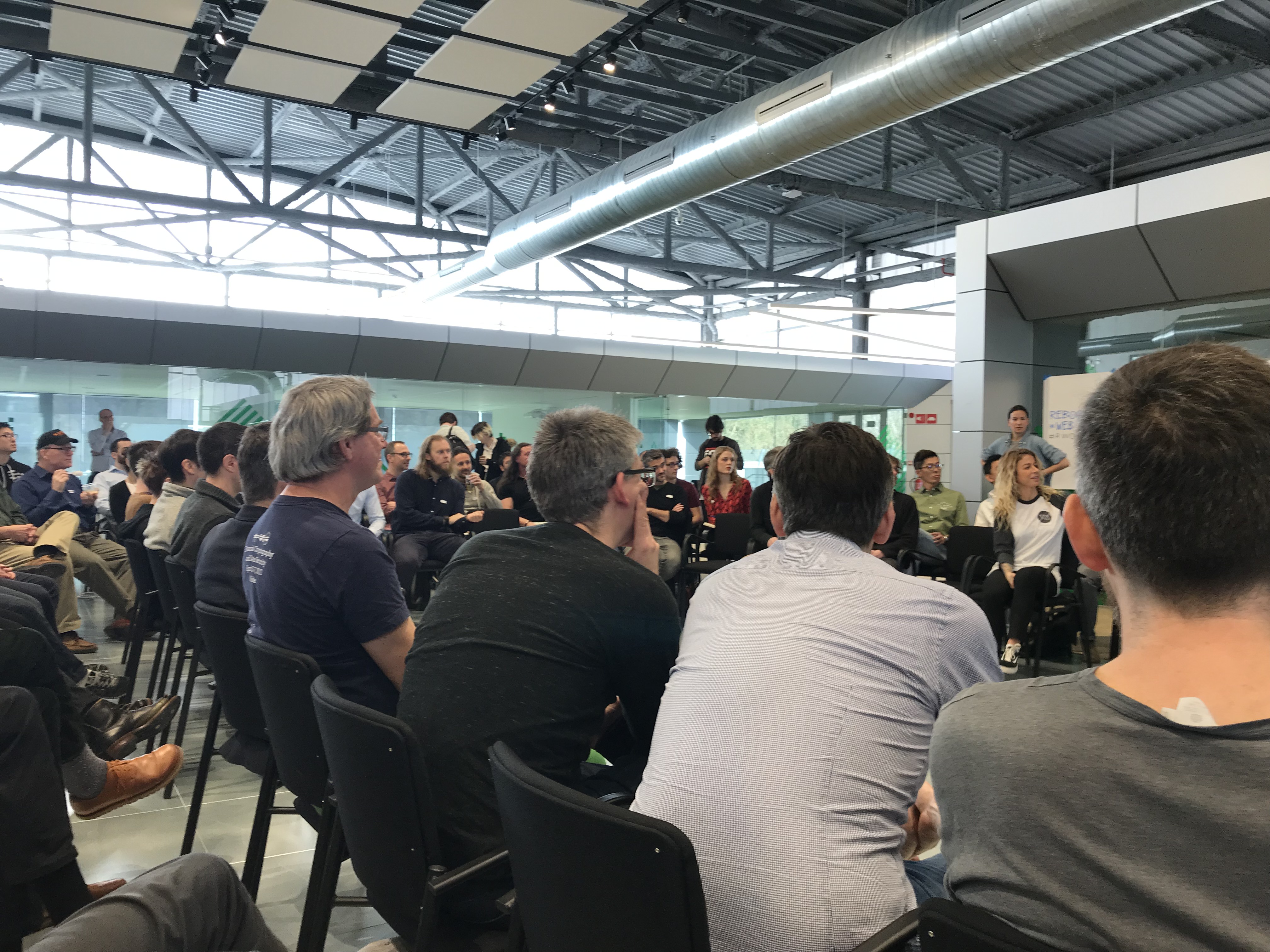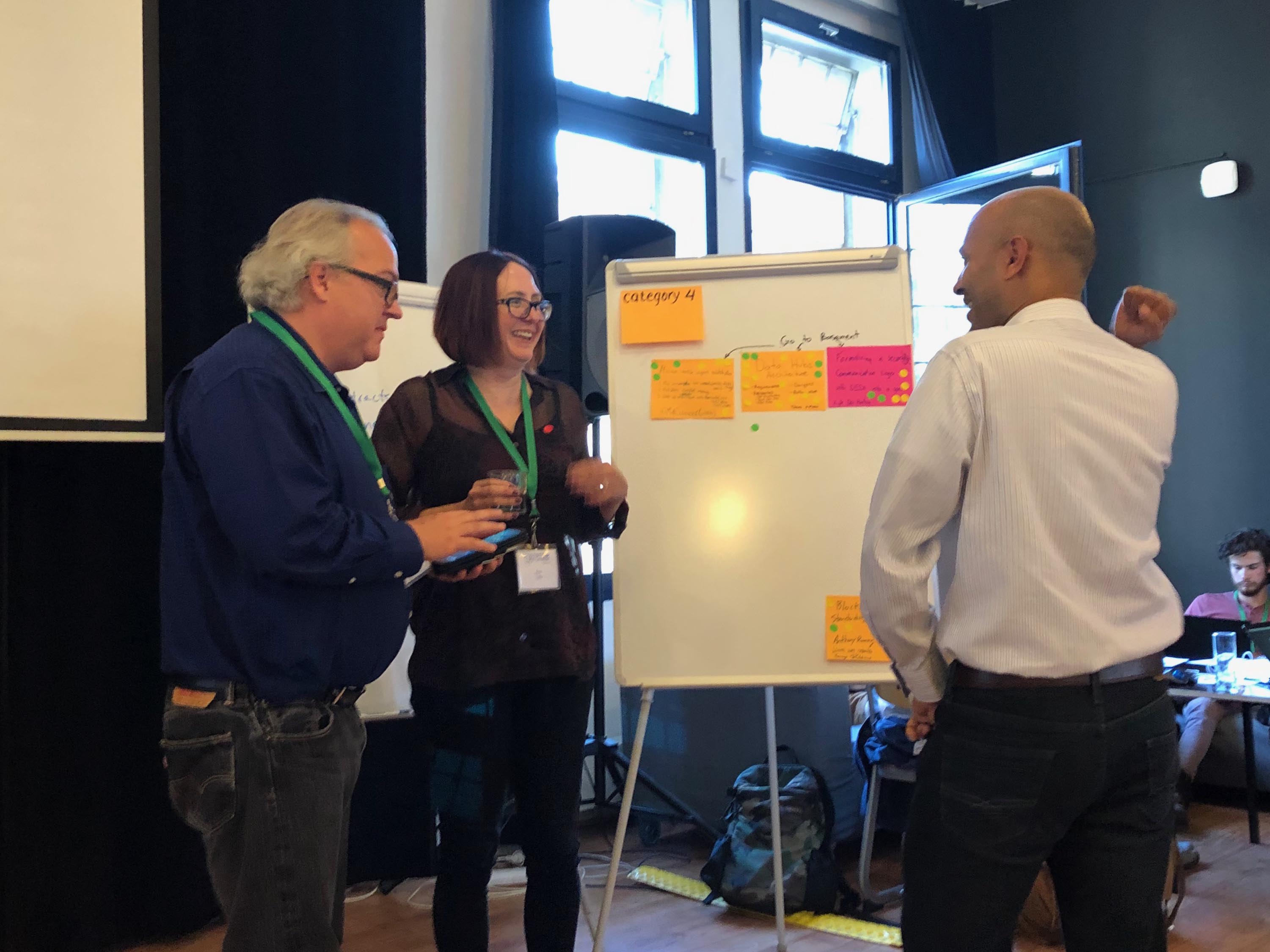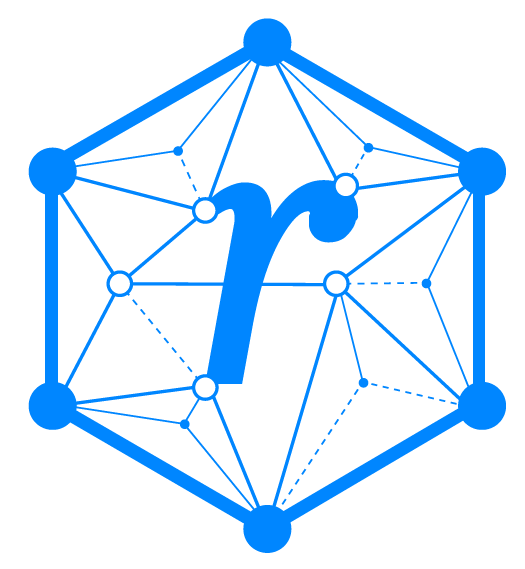RWOT13, scheduled October, 2024 in Ventura, California, has unfortunately been cancelled.


What is RWOT? Rebooting the Web of Trust (RWOT) is a unique event that brings together professionals, researchers, and enthusiasts to collaborate on decentralized identity and trust solutions. Our goal is to support our community in generating and developing ideas that allow us to better remain in control of our assets, our accounts, and ourselves online!
What Does RWOT Do? RWOT consists of virtual salons and in-person design workshops. They help us to germinate new ideas, establish new connections, and produce finalized content that present those ideas to the larger community. Virtual salons crowdsource inspiration and deliver statements, while design workshops produce at least five white papers on topics decided by the group to have the greatest impact on the future.
Sign up for the RWOT announcements-only mailing list to learn about future events.
